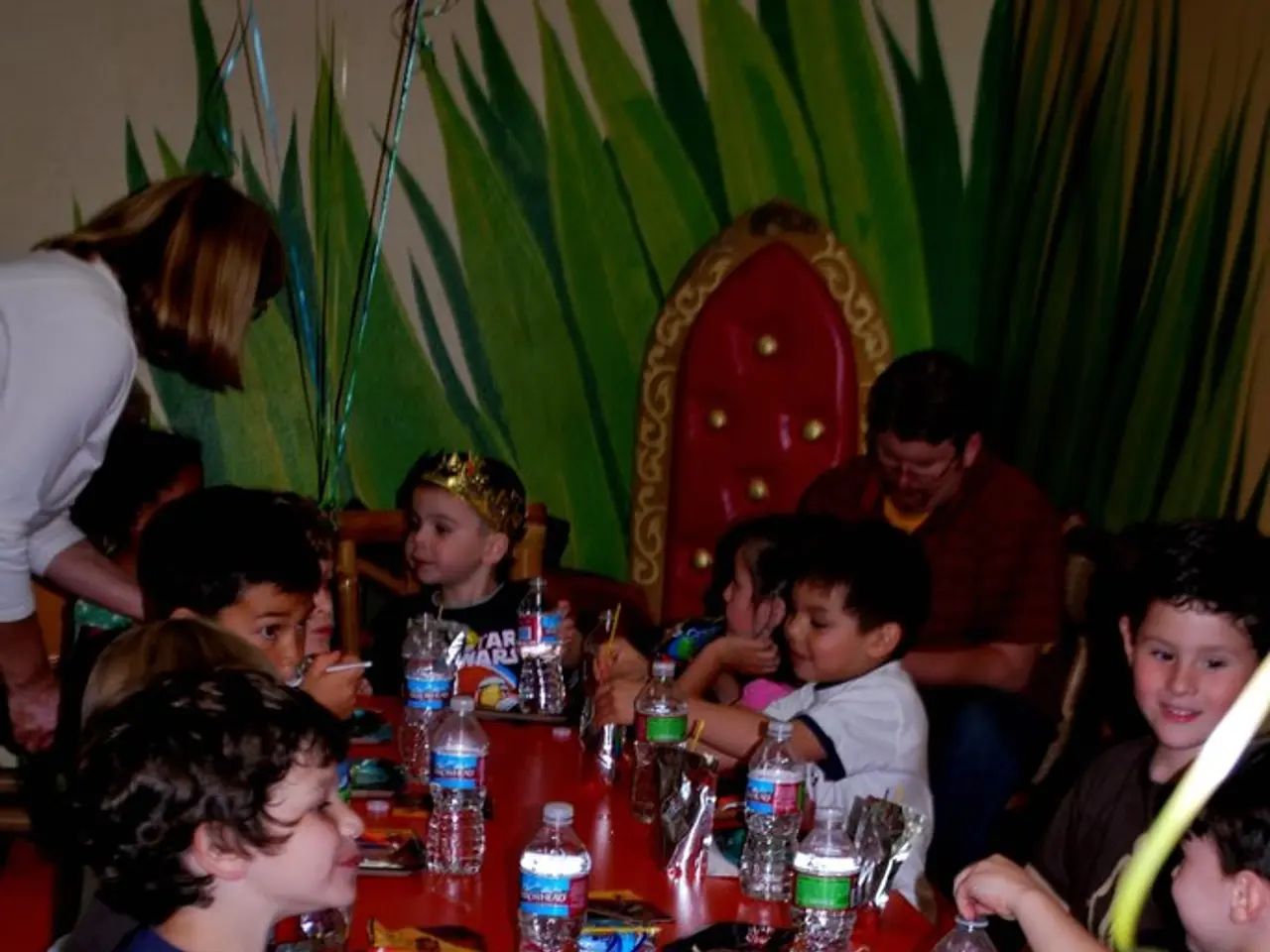Sister's Minimal Birthday Effort: Money Therapist VICKY REYNAL Suggests It's About More Than Simply Forgetfulness
In a recent reflection, the author found themselves grappling with the inconsistency in the generosity shown by their older sister, particularly when it comes to birthday gifts. This issue, it seems, goes beyond the monetary value or the flowers themselves, and delves into feelings of love, remembrance, and care.
The author's sister's behavior may be a reflection of complex family dynamics, individual roles, and emotional factors. Key possible reasons include differential parenting and feelings of favoritism or neglect, caregiving roles and emotional suppression, attachment and self-worth issues, and psychosocial development and identity factors.
For instance, if parents treated siblings differently, this could lead to siblings showing different behaviors towards each other, including generosity. The "disfavored" sibling might experience lower self-esteem and emotional stress, which could cause inconsistent giving as a reflection of ambivalent feelings or internal conflict.
Siblings who grow up carrying caretaker responsibilities may suppress their own emotions and needs, leading to complex feelings like guilt, resentment, or a compulsion to please. This can manifest as irregular generosity depending on internal emotional states or perceived obligations.
Early experiences of feeling unworthy or undervalued can make a sibling doubt whether their generosity will be reciprocated or appreciated. They may react inconsistently because of low motivation to invest when feeling unrecognized or uncertain about belonging.
The sibling’s own psychosocial identity and emotional intimacy within the family also influence their behavior. Variations in their identity development or mental health might impact their consistency in expressing care, including giving gifts.
Interestingly, the author's father was also unreliable with gifts, which could suggest a pattern within the family. Furthermore, the sister's difficulty in being generous towards the author might be rooted in unresolved tensions, feelings of envy, or jealousy.
The gift made the author question whether their sister values them enough. In such situations, it's important for the aggrieved party to express their feelings honestly and clearly. The author suggests, "I appreciated the thought - but it would have meant more if the gift had come directly from you. I want to feel you in the gesture, not just the logistics."
It's essential to remember that the value of a gift lies not only in its monetary worth but also in the sentiment behind it. For instance, with £15, you cannot buy a budget bloom bouquet at Asda. But the real question is not about the £15 or the flowers, but about feeling loved, remembered, and cared about by the people that matter.
The author encourages setting realistic expectations for next year's birthday gift to avoid disappointment. By understanding the potential psychological underpinnings of their sister's behavior, the author hopes to foster a more thoughtful and meaningful relationship in the future.
- The author's inconsistent receiving of gifts from their sister might be linked to their sister's personal-finance management, emotional relationships, and family-dynamics, as these factors could influence her generosity.
- The author's family dynamics, particularly the differential treatment received from parents, may have resulted in complex feelings of worth and identity, which could contribute to the irregular giving of gifts from siblings.
- The inconsistency in the author's sister's generosity may be a manifestation of deeper personal and family issues, including feelings of envy, jealousy, emotional suppression, and identity development, rather than simply a lack of interest in the author's lifestyle or personal-finance situation.




